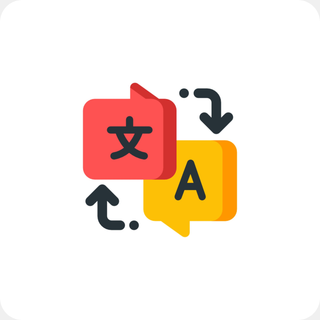Introduction
In a significant move towards promoting inclusivity in higher education, the Indian Institutes of Technology (IITs) have introduced fee waivers and relaxed cut-offs for students from SC, ST, PwD, and EWS categories. This initiative aims to make quality education more accessible to underrepresented groups.
Key Highlights
- Fee Waivers: SC, ST, and PwD students pay only half the examination fee.
- Relaxed Cut-offs: Cut-offs are relaxed to support a greater number of admissions for SC, ST, PwD, and OBC categories.
- Preparatory Courses: SC and ST students below the relaxed cut-off can take preparatory courses to join IITs directly.
- Citizen Service Centres: New initiatives to assist rural students with the application and fee payment process.
- Multi-lingual Call Centre: Established to address candidates' queries.
-
Income-Based Tuition Waivers: Full tuition waivers for students with parental income below Rs 1 lakh, regardless of category.
Importance of the Initiative
The introduction of fee waivers and relaxed cut-offs is a significant step towards ensuring that students from disadvantaged backgrounds have equal opportunities to pursue higher education. By making the application process more accessible and providing financial support, the IITs aim to create a more inclusive and equitable educational environment.
Impact on Education
These measures are expected to increase the number of students from underrepresented groups gaining admission to IITs. This will not only enhance diversity within the institutes but also provide these students with the opportunity to benefit from high-quality education and resources.
Conclusion
The IITs' initiative to relax cut-offs and offer fee waivers for SC, ST, PwD, and EWS students is a commendable step towards promoting inclusivity in higher education. By making quality education more accessible, the IITs are helping to create a more equitable and diverse academic community.



























